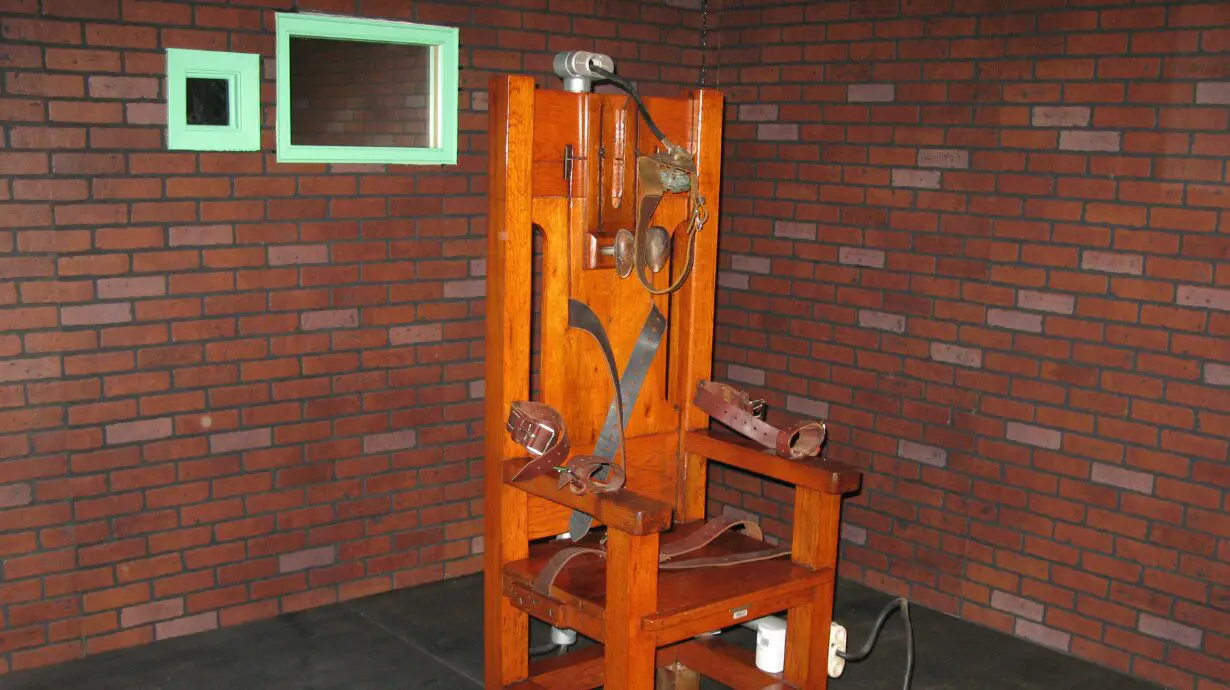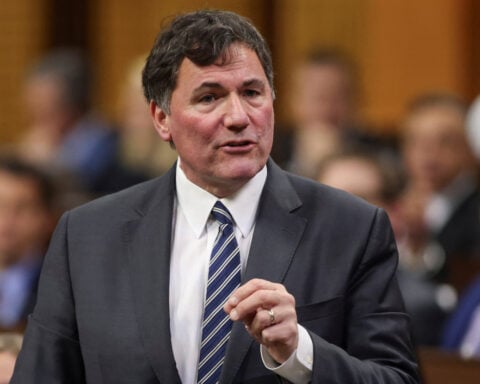South Carolina's high court approved the electric chair and firing squad, allowing executions to restart.
In a four-way split decision, the justices agreed that these methods do not cross the line into cruelty or oddity. The ruling overturns a lower court decision from 2022 that found these execution methods unconstitutional.
"Choice cannot be considered cruel because the condemned inmate may elect to have the State employ the method he and his lawyers believe will cause him the least pain," stated Justice John Few in the lead opinion.
The decision allows for five executions to be scheduled, including three of the four men named in the lawsuit challenging the methods. The state Department of Corrections will wait for the high court to issue execution notices before setting dates.
Under the upheld law, inmates will be executed by an electric chair unless they choose the firing squad or lethal injection. They must submit a written notice14 days before their execution date.
The ruling was not unanimous, with retiring Chief Justice Don Beatty offering the strongest dissent. Beatty argued that while the entire death penalty law isn't unconstitutional, carrying out executions by electrocution or firing squad violates the state's ban on cruel, corporal, or unusual punishment.
Governor Henry McMaster supported the decision, stating that the decision “is another step in ensuring that awful sentences can be duly enforced” and provides closure for victims' families. Senate Majority Leader Shane Massey also expressed support for the ruling.
This all stems from a 2021 law change that put the electric chair first and added death by a firing squad as an option. The state had to find other options after their supply of execution drugs ran out.
The inmates' legal team is disappointed with the ruling. Groups like the American Civil Liberties Union also disagree, insisting there's no humane way to execute someone.
It “not only fails to make us safer but raises the possibility of the state killing innocent people in our name. In addition, South Carolina’s ‘shield law’ adds a layer of secrecy about the methodology of killing, making future executions less transparent than ever before,” said Jace Wodrum, director of ACLU in South Carolina.
South Carolina hasn't executed anyone since Obama's first term - they executed in 2011. Currently, 32 men are on South Carolina's death row.

 China's industrial profits decline at slower pace in Nov
China's industrial profits decline at slower pace in Nov
 China's BYD offers year-end discounts of up to 11.5%
China's BYD offers year-end discounts of up to 11.5%
 Oil prices set for weekly gain on China stimulus optimism
Oil prices set for weekly gain on China stimulus optimism
 Canada ministers to meet Trump aides in Florida over tariff risks
Canada ministers to meet Trump aides in Florida over tariff risks
 Sirianni and Ertz cleared the air after exchanging words following Washington's win over the Eagles
Sirianni and Ertz cleared the air after exchanging words following Washington's win over the Eagles
 Tucker Gleason runs and passes for 5 OT scores as Toledo beats Pitt 48-46 in bowl-record 6 overtimes
Tucker Gleason runs and passes for 5 OT scores as Toledo beats Pitt 48-46 in bowl-record 6 overtimes
 Why Nefertiti still inspires, 3,300 years after she reigned
Why Nefertiti still inspires, 3,300 years after she reigned
 South Carolina's high court approved the electric chair and firing squad, allowing executions to restart.
South Carolina's high court approved the electric chair and firing squad, allowing executions to restart.






